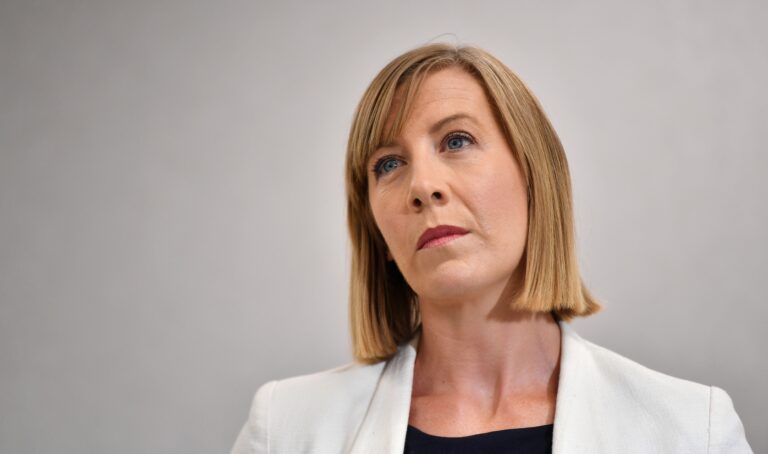
Glebe forum warns about metadata retention

By Sophie Trigger
Greens Senator Scott Ludlam has warned that the proposed mandatory metadata retention bill is not merely a matter of national security.
During a public meeting in the Harold Park Hotel in Glebe last week, Scott Ludlam, Jacob Grech and Samantha Castro addressed the dangers of enforcing mass metadata retention of Australians.
“Let’s disentangle the idea of targeted, discriminate, warranted surveillance, from that of indiscriminate mass surveillance rolled across every single one of us,” said Mr Ludlam, WA Greens Senator.
“A lot of it is about politicians and national security powers being turned, in my mind, for entirely illegitimate ends.”
That morning, Prime Minister Tony Abbott issued an ultimatum to Opposition Leader Bill Shorten on the issue.
“It’s an absolutely vital part of the national security legislation that this Government has been progressively introducing over the last few months,” said Mr Abbott.
“If this legislation is to be dealt with swiftly by the Parliament, it does need the support of the Labor Party.”
Activist Jacob Grech spoke of the effects of government surveillance on the journalist and activist communities.
“It’s just become axiomatic that the state is surveilling us, that the state is intercepting our calls,” said Mr Grech.
“It’s like the frogs in boiling water, we’ve become used to it. What is different now is that we have so much information, and all our information goes through the internet.”
Mr Grech shared stories about his experiences with surveillance throughout his career as an activist, and revealed that many colleagues have dropped out of the movement as a result.
Federal Police Commissioner Andrew Colvin has expressed the necessity for metadata laws to be passed in order for his officers to do their jobs.
“I don’t want to rely on luck for my officers to be able to access the information they need in relation to solving some of the most serious crimes that this country has seen,” he told the press conference.
However, Scott Ludlam queried as to whether metadata retention will be used for other means, such as copyright infringement and illegal downloads.
“Some of it is actually about copyright,” Mr Ludlam said.
“It will be the rights holders coming down on kids in living rooms for immense sums of money for downloading stuff that they can’t get through legitimate means.”
Samantha Castro, the co-founder of Wikileaks Australian Citizens Alliance (WACA) raised her concerns for this erosion of civil rights.
“Why are we so disempowered and so trusting of elected representatives who have lied to us again and again since 9/11, about everything from war to our civil liberties?” Ms Castro asked.
Jacob Grech said the idea of mass indiscriminate surveillance creates a climate of fear among the Australian public. He argues is the intended result.
“This is the AFP and they’re treating us as if we were terrorists,” he said. “Once they pass the law, they will do more. They will push the envelope.”
Mr Abbott has told Fairfax media that hopes to debate the proposed legislation in Parliament in early March, and have them passed by the Senate within weeks.
However, two separate inquiries into the laws, conducted by the Joint Committee on Intelligence and Security, will be held in February – one of which is chaired by Scott Ludlam.









